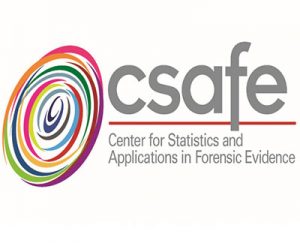“High-sensitivity” DNA tests, also referred to as “low-copy DNA tests,” are being used in a growing number of criminal prosecutions. These tests take a sample of just a few human cells and amplify the samples for testing. Because the original samples are so small, they are more susceptible to contamination and they may also be the product of an indirect transfer of DNA. For instance, if Person A shakes Person B’s hand, then Person B engages in a crime involving a gun, Person A’s DNA could be transferred from Person B’s hand to the gun. While the FBI currently does not use this type of testing in its investigations, it is testing the reliability of high-sensitivity DNA tests. Some state jurisdictions, including New York, frequently use high-sensitivity DNA testing in criminal prosecutions. Experts warn that if forensic scientists are currently unsure of the reliability of the tests, lay jurors and judges should not be expected to know how to interpret the test results presented to them.
http://www.abajournal.com/news/article/criminal_cases_being_decided_based_on_high-sensitivity_dna_analysis_experts#When:19:25:00Z


Leave a Reply